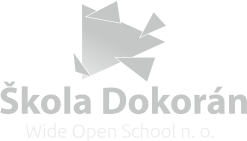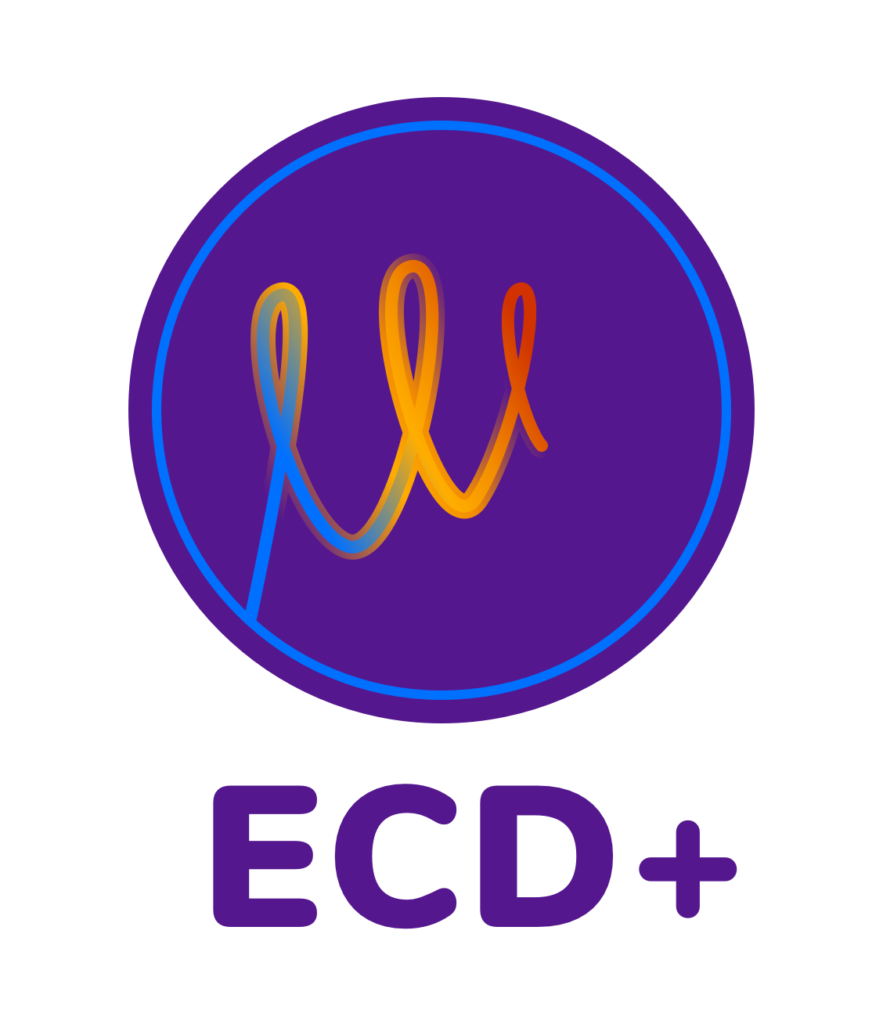
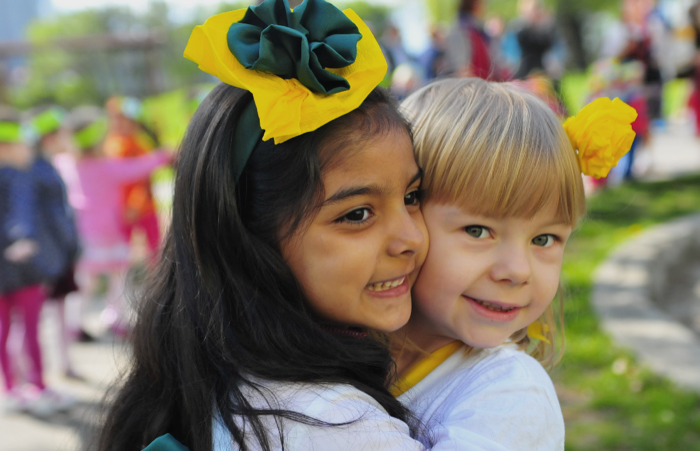
ECDPLUS
Strengthening and supporting the early childhood development workforce
About the project
The main aim of the project is to support promote innovation in the education of young children improve the cooperation of kindergarten teachers with parents and to facilitate the exchange of experiences between participating partners. Our partnership strives to strengthen a support the continuous professional development of the ECD Workforce working with young children from socially disadvantaged environments and their parents by providing them with the pilot training on a new teaching methodology that can be used in their everyday work in formal and non-formal educational settings across Europe.
Project partners
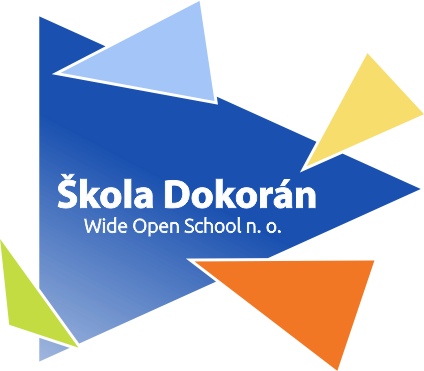
Škola dokorán – Wide Open School n.o. is an open nonprofit organization dedicated to community development and lifelong learning for socially disadvantaged groups, with an emphasis on families, especially with children at an early age, active at local, national and international level.
More info: www.skoladokoran.sk
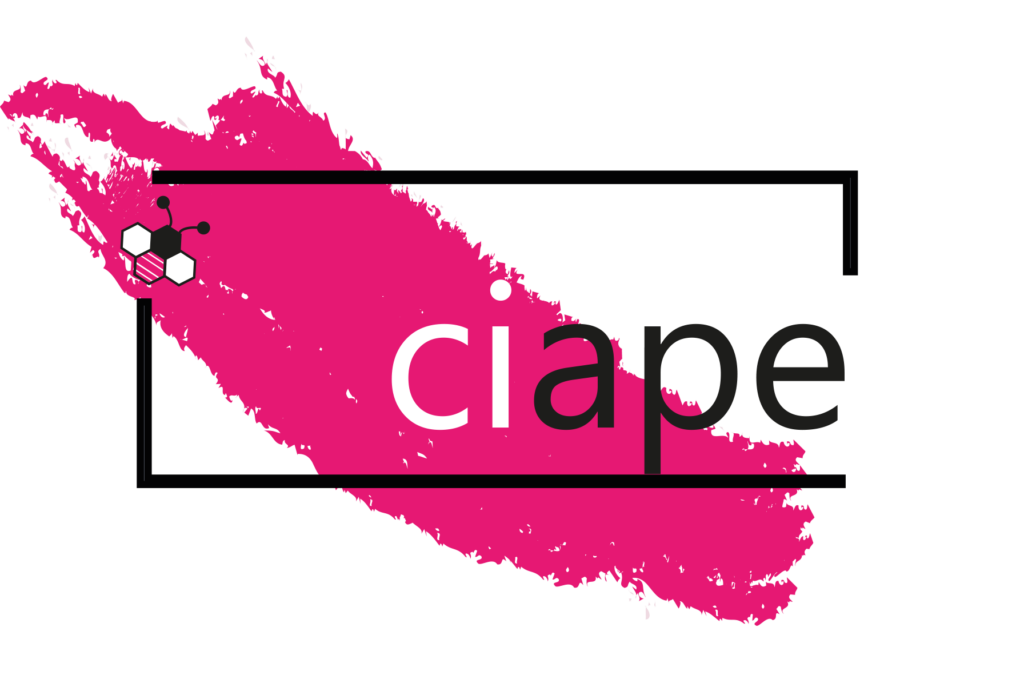
CIAPE – CENTRO ITALIANO PER L’APPRENDIMENTO PERMANENTE, is a non-profit cultural association based in Rome (IT), inspiring innovation in didactics in Europe. With more than 100 European projects successfully managed until now, CIAPE counts on a network of more than 300 partners all over Europe. In 2018 CIAPE launched a brand new co-working space in Rome – „The Apartment“, offering co-baby services to co-workers and the whole public, with the aim to strengthen the social skills of children from their birth through play, boosting assertiveness and empathy according to the Scandinavian model.
More info: www.ciape.it

Partners Hungary Foundation contributes to the development of a multi-cultural, tolerant society that lives in harmony with its environment and nature, and which is able to integrate the values of different cultures both on an individual and societal level.
More info: https://partnershungary.hu/
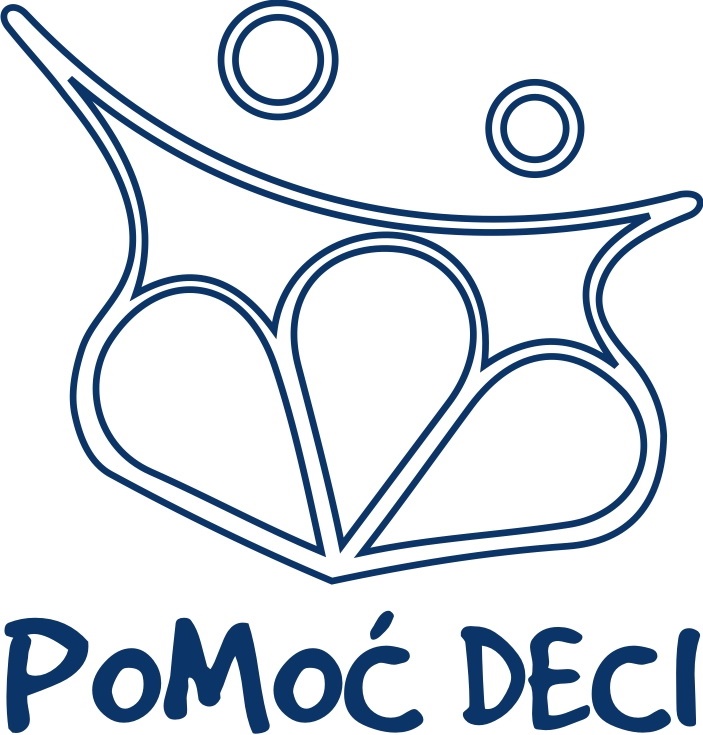
Pomoc Deci is a non-governmental, non-profit organisation that promotes quality care and education for children from 0 to 18 years of age and their parents.
More info: https://www.pomocdeci.org/en/
Project results
PR1 – Report on national ECD policies in partner countries
The report advocates for free, high quality, and inclusive early childhood education and care in formal and non-formal services. It emphasises the need to capture and support the role of family members in creating learning opportunities for their children and themselves. With an increased interest in mapping the situation of ECEC in Partner countries, several contemporary international studies and reports on the education of young children have been developed. However, a comprehensive updated report on National ECD Policies in Partner countries is still missing. This report aims to fill the gap with credible and informed research and subsequent recommendations to the authorities accountable for social inclusion and inclusive education policies, with respect to young children and their families. The study focuses on early childhood education and care services, mapping the current status quo in order to guide future developments in the area. The report offers a contextual description and analysis of policies and framework provisions in Partner countries for infants and toddlers aged 0 to 3, and for pre-school education children aged 3 to 6/7. It examines issues of access, affordability, and quality of early care and educational services; sustainability of implemented measures; and the role of families and involvement of broader communities.
PR2 – Toolkit for working with young children from socially disadvantaged environments and their parents
This intellectual output will be used for the training of practitioners and help them to become a well qualified staff. This curriculum is based on pedagogical goals, values and approaches that enable children to reach their full potential in a holistic way. This project result consists of two main parts: 1.) PARENTING WITH CONFIDENCE METHODOLOGY 2.) HOME VISITING PROGRAM
Target groups: ECD Workforce – ECEC professionals and para-professionals, Elementary school teachers, Kindergarten teachers, teaching assistants, Social field-workers, Health field-assistants, Community workers, Community mediators, Toy Libraries staff, Local administration representatives, NGOs representatives, Community non-formal leaders, Other local stakeholders. Final beneficiaries: Parents and young children (especially those from socially and culturally different environments).
PR3 – Toolkit for respecting diversity
This toolkit aims at bringing Inclusion and values of democracy alive in the classrooms, schools and preschools. It provides information on how to create environments all children can thrive in, while learning to respect those who are different and exercise democratic practices. It is strongly based on Persona Doll approach that is an effective way to help children ages 2 – 8 to explore and confront bias. The method provides a powerful, non-threatening and enjoyable way to raise equality issues and counter stereotypical and discriminatory thinking with young children. Target groups: ECD Workforce – ECEC professionals and para-professionals, Elementary school teachers, Kindergarten teachers, teaching assistants, Social fieldworkers, Health field-assistants, Community workers, Community mediators, Toy Libraries staff, Local administration representatives, NGOs representatives, Community non-formal leaders, Parents and children, Other local stakeholders. Final beneficiaries: Parents and young children (especially those from socially and culturally different environments). This intellectual output will be consisting of two main parts: 1.) PERSONA DOLL TRAINING METHODOLOGY 2.) EMBRACING DIVERSITY – EDUCATION FOR SOCIAL JUSTICE
PR4 – ECD policy recommendations for EU and national stakeholders
Based on the activities and evaluation we will form recommendations for policy makers at the level of individual country of partner organizations, as well as at the European level, in the field of Early Childhood development. Recommendations will be intended for policy makers on more levels – from local (e. g. representatives of municipalities) to national (e. g. representatives of different ministries and offices that are engaged into ensuring of equal opportunities). Analysis of condition of participation of preschool children in system of preschool education for individual levels in individual states will be gathered in recommendations. Recommendations for policy makers will be as content (bound on the improvement of quality and accessibility of preschool education for preschool children, especially Roma children, considering the needs of individual children within cooperation with their families, inclusive pedagogy, an improvement of literacy, inclusion of parents and training of ECEC professionals) as structural (inclusion of wider local community, the transnational exchange of good practices).
Project activities
–
Project coordinator
Škola dokorán – Wide Open School, n.o.
Baštova 5
81103 Bratislava
Slovakia
E-Mail: info@skoladokoran.sk
Erasmus+ Project
Strengthening and Supporting the Early Childhood Development Workforce – ECD PLUS
(2021-1-SK01-KA220-SCH-000023601)

Disclaimer:
The European Commission’s support for the production of this publication does not constitute an endorsement of the contents, which reflect the views only of the authors, and the Commission cannot be held responsible for any use which may be made of the information contained therein.

